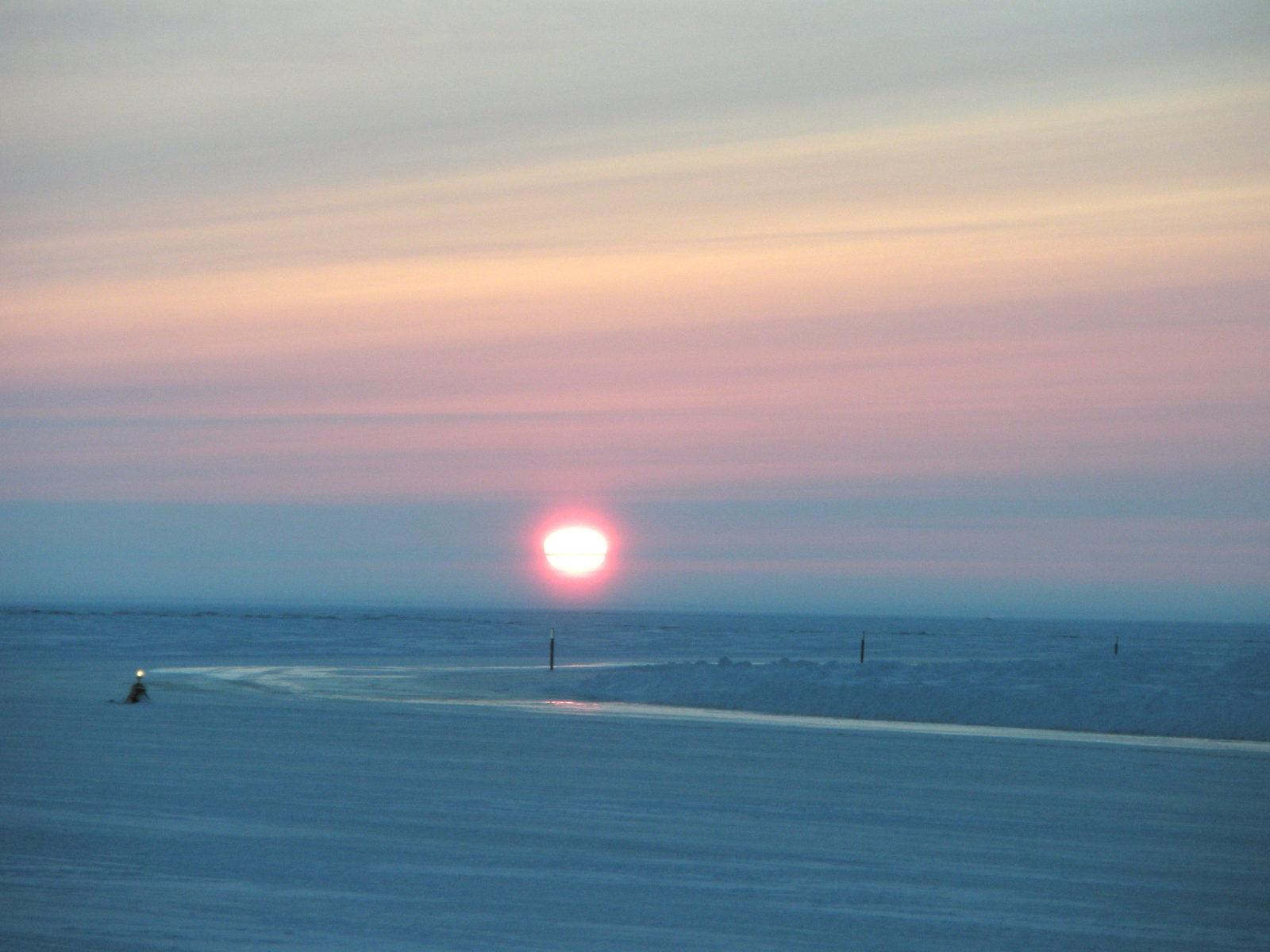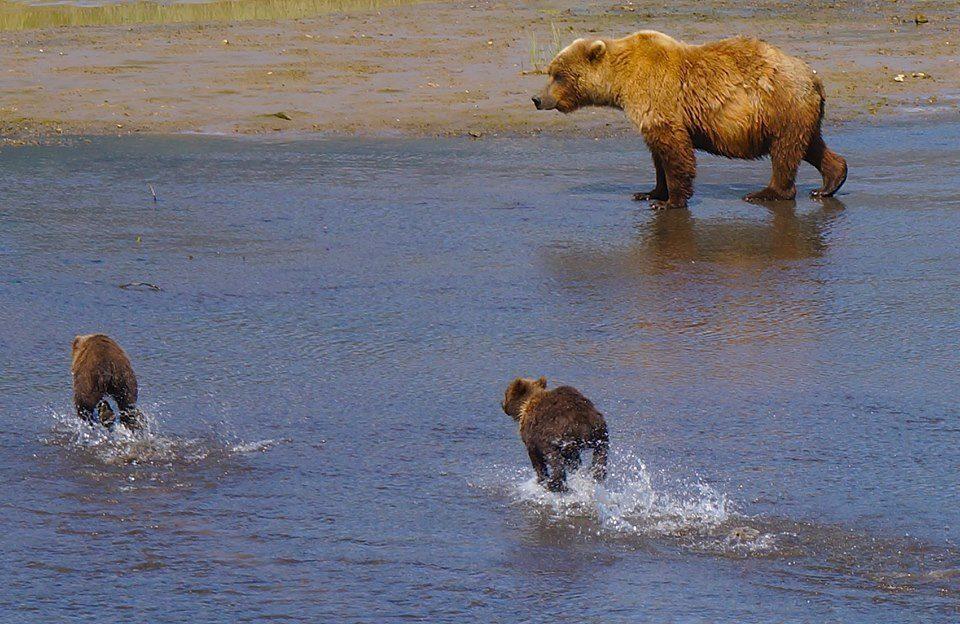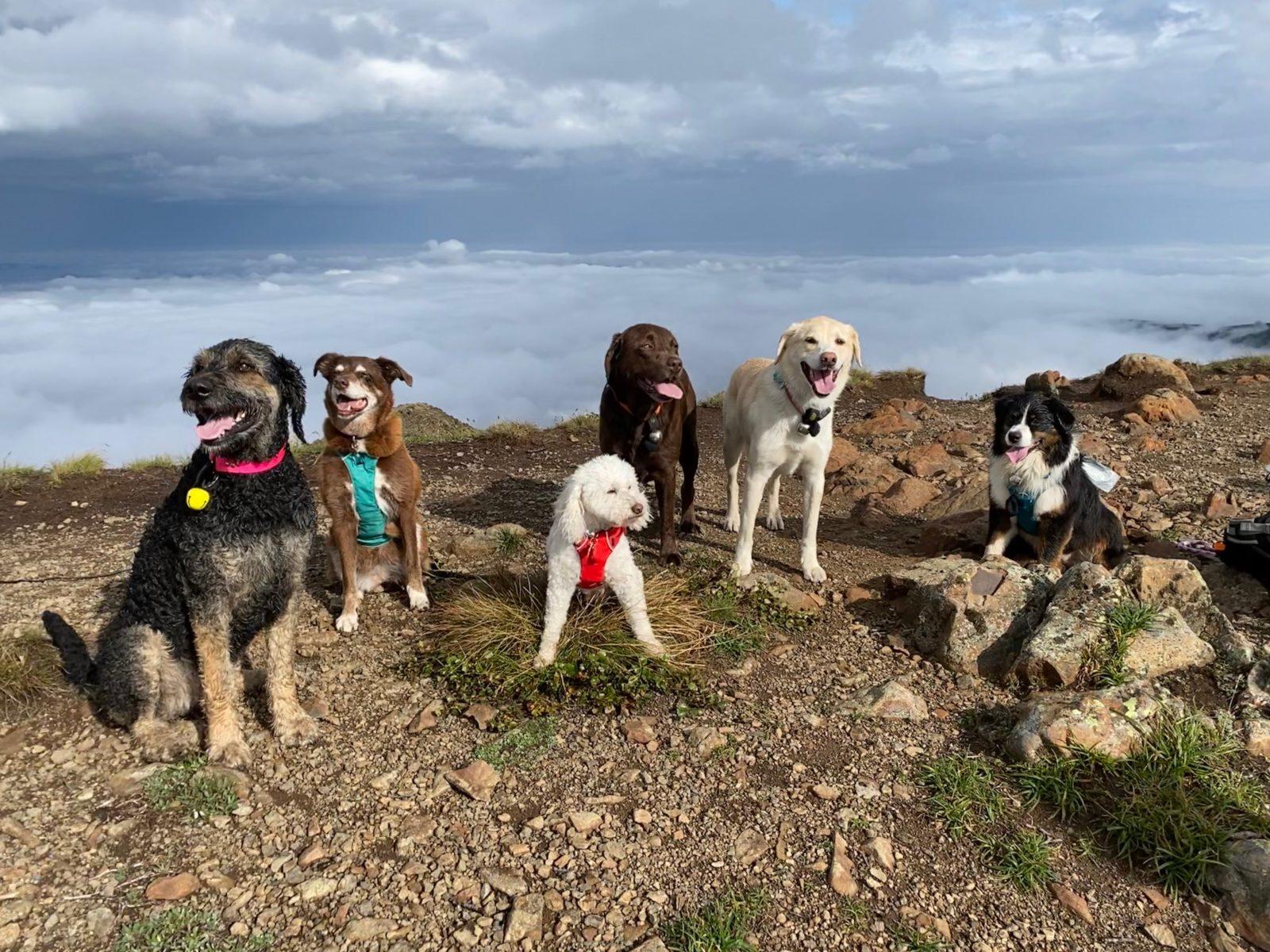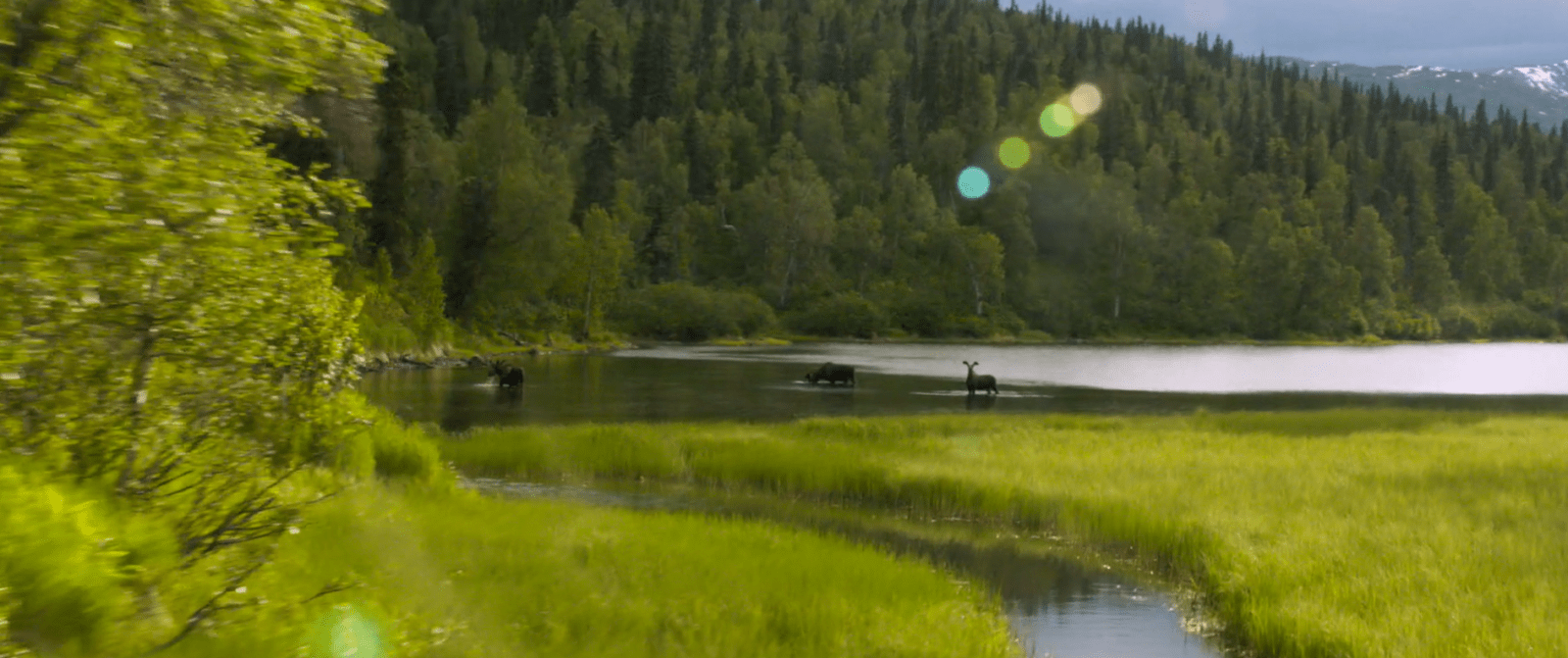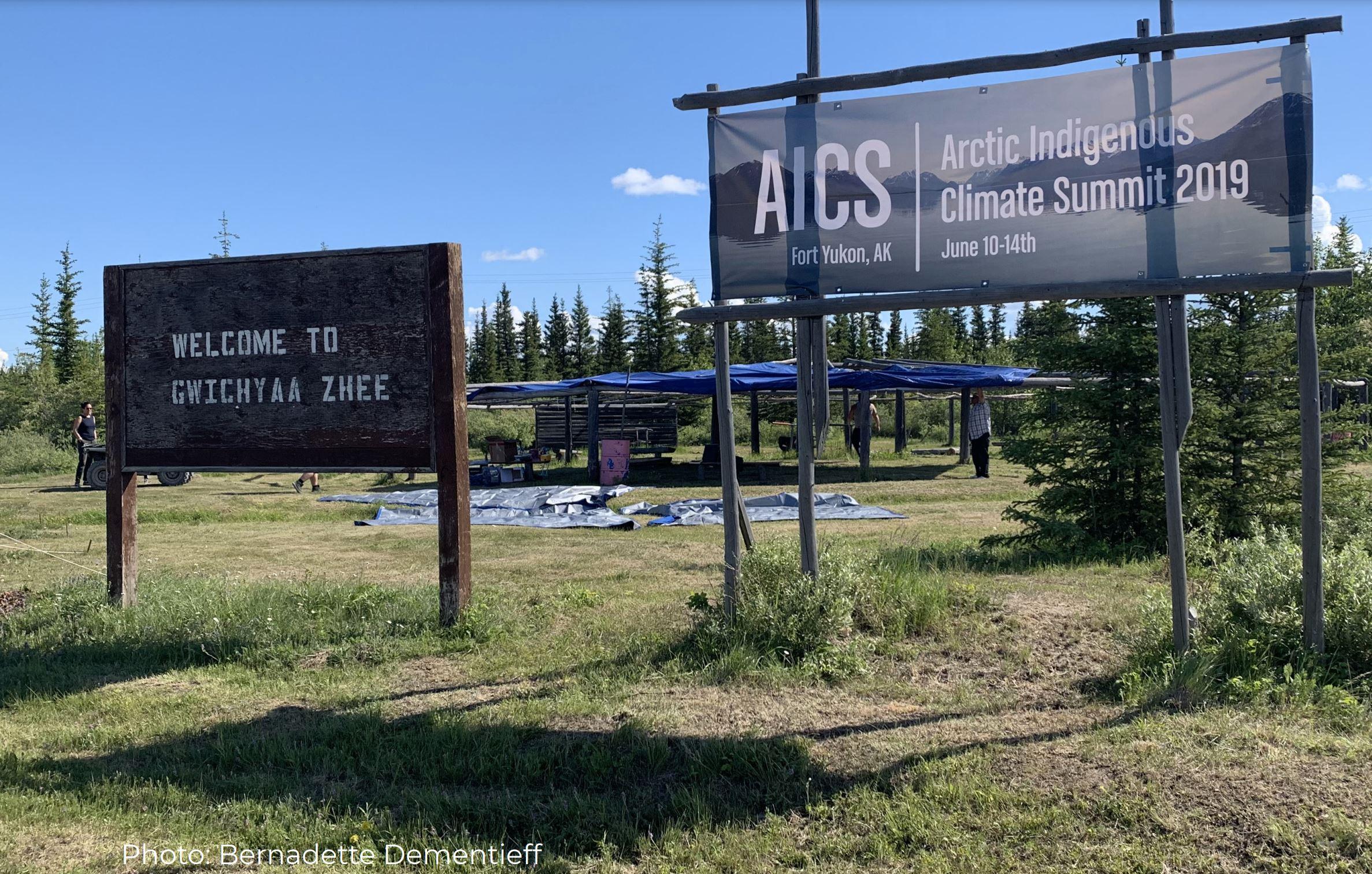
It’s choice, not fate, on climate. Alaska News Brief April 2023.
Sign the Build Back Fossil Free petition supported by Sovereign Iñupiat for a Living Arctic and other Build Back Fossil Free organizations–read on for news on our Willow litigation and climate issues in Alaska.
The lessons of the pandemic keep rippling outward, even as we forget them.
How many people do their jobs has changed. How we educate people has evolved. The dysfunction of our health care and public health systems during the pandemic has prompted change, however small.
Yet too many pandemic lessons have gotten lost as the engine of “normal” revs back up. COVID awareness around the deep unfairness and unhealthiness baked into our economic and social systems has been swept under the rug of consumption and record profits and business as usual.
Even the lessons about how to prepare for deadly pandemics, wildfires, and storms has been forgotten in the rush to “get back at it.”
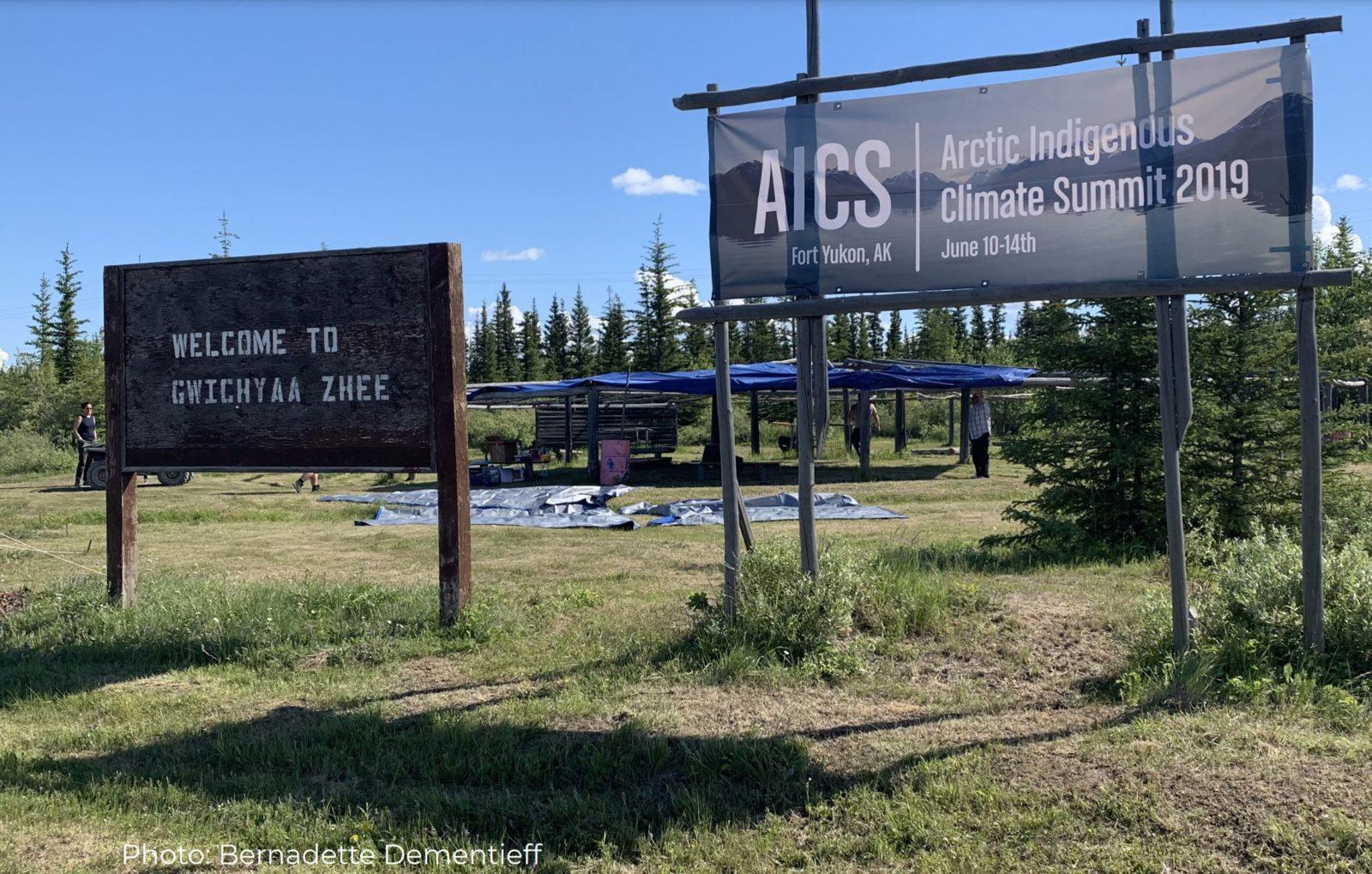
But business is not usual. Life is not “normal.” We’re already in a pot of hot water that’s set to boil, and we’re still resistant to change.
When and how do we muster up the courage to get out of the pot and into the present moment to create a future that’s uncertain, but full of hope and possibility? What reckoning do we need to endure before we recognize that we should not consume for the sake of the market or throw some folks under the bus for the sake of clinging to it?
The bus is going nowhere fast, and it’s breaking down in front of us.
Climate adaptation isn’t supposed to be about finding a new way to exploit, a new deception by which to confuse and divide people, but rather about working together to stop exploiting people and places, and to start solving problems together.
Yet here we are with the largest new oil and gas project in the country already breaking ground in the western Arctic.
Willow is a gentle name given to people and dogs. It’s a tree or shrub with narrow leaves that nourishes and is nourished by water, animals, soil, and sun. It’s also what ConocoPhillips calls its huge and destructive oil and gas project approved last month by the Biden administration.
The project will expand oil and gas drilling surrounding the community of Nuiqsut and contribute to and exacerbate the respiratory and other health harms the community suffers, as well as take away more areas for hunting and gathering for food. It will churn out carbon and toxic pollutants. It will augment ConocoPhillips’ already record profits and sustain industrial pressure to cling to fossil fuels as a source of energy, whatever the harm to people and the planet.
This is not our fate, it’s a choice.
Industries and industry groups, political players, bureaucrats, funding entities, and an array of decision makers choose every day to keep putting our eggs in the fossil fuel basket, despite knowing that the outcomes hurt people and devastate communities and will for generations to come—up until the planet can’t hold our “normal” anymore.
Why do we keep putting all our eggs in the same basket, even as the impacts grow and extend, particularly here in Alaska?
There’s an element of putting our collective heads in the sand to avoid change and unsee the damage already done. But the real problem is that decision makers avoid doing the hard work of finding solutions instead of just taking more money from corporate interests while practically giving away what everyone belongs to—this planet and all of the amazing ways it sustains us.
The fallout is that those decisions are not fair or equitable. We as individuals have limited ways to change the state of play in that game, and are at the mercy of those who treat these decisions as a zero-sum game, even as there are solutions where individuals can contribute rather than be bullied or drowned out or demeaned when advocating for healthier, fairer, better choices.
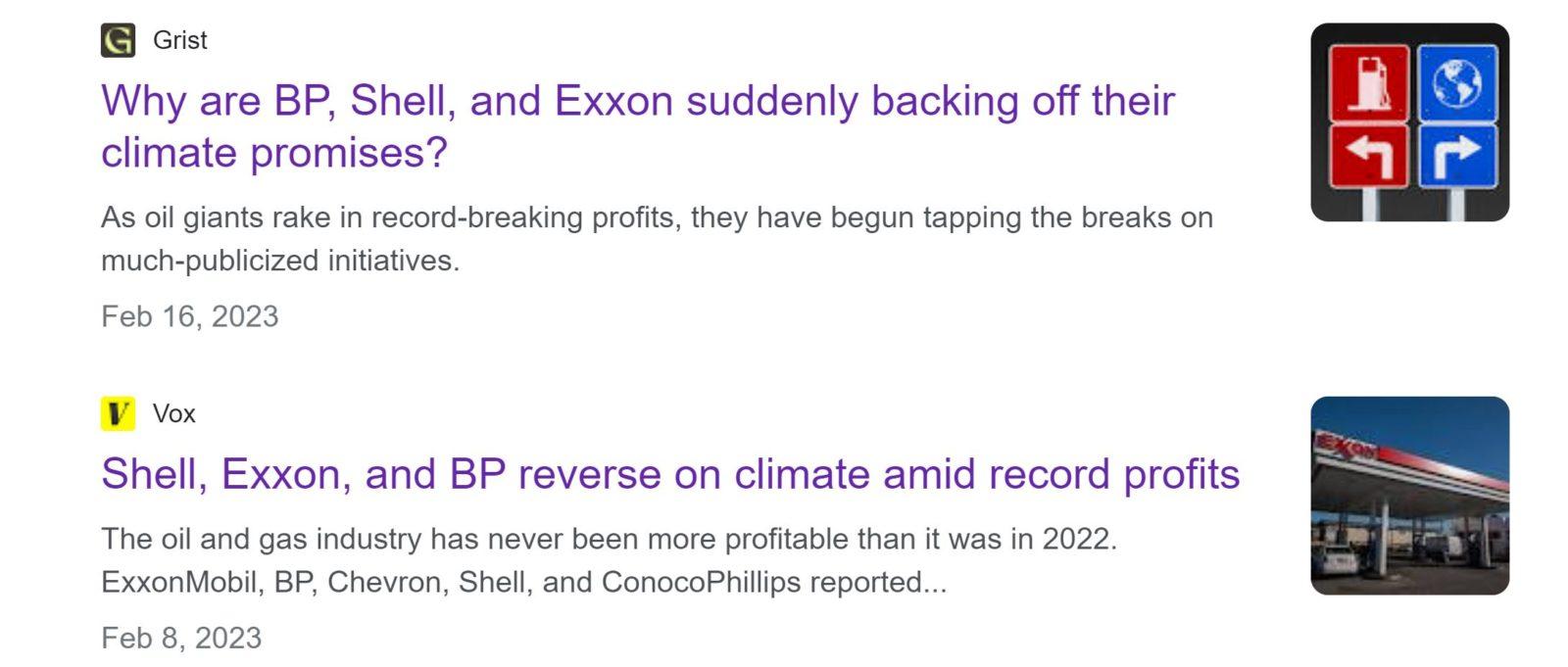
The oil and gas industry, along with the economic and political players that gain from it, continues to assert their profit goals as some collective fate. They continue to tell a story of dependence on Big Oil now and into the future, as if by fiat. They continue to define the narrow band of options before us by influencing and controlling what’s considered “realistic” and “achievable.”
During the pandemic, when oil demands and gas prices were low, many oil and gas companies made commitments to clean energy and to reducing carbon emissions. Then they started making money again, lots of it, and they began backing off on their aspirational initiatives to get serious about reducing greenhouse gases and making large investments in renewables.
That’s choice, not fate.
Government agencies and processes that decide through tax dollars and the leveraging of collective power what industries gets subsidized continue lifting up the same corporate interests.
That’s choice, not fate.
What’s not a choice is whether people can survive and thrive on a planet that becomes more unlivable to them every year.
The Intergovernmental Panel on Climate Change says fossil fuel production must decline sharply right now—today and this very minute—to avoid catastrophic impacts on people. Yet Big Oil has abandoned many of its clean energy commitments to shift back to oil and gas at all costs, while government policies fail again and again to do enough to curtail carbon emissions and invest in renewable energy choices.
Sometimes in social media, we or our clients or partners get called “left wing” tree huggers or some other name. Young and old advocates for climate action now and environmental justice and no new oil projects are called simpletons too naïve to understand the world. This “othering” of people rises from the lack of vision or care toward a healthier future for everyone.
That, too, is a choice.
Going back to “normal,” falling back into worldviews centered on consumption and waste, relying on decision-making systems powered by institutions that break their promises and commitments when it means cashing in here and now—all of this is leading to a profound existential crisis for our communities and world.
We’re already seeing it. Many are already living it. Some are dying because of it.
Sometimes I feel deeply disheartened, yet I also know it’s a privilege to occupy that hopeless space. It’s our responsibility to not give up, to find nourishment from each other and all those we work alongside, to pass the torch of hope when we’re too weary to carry it, and to work toward that vision of a world that sustains us.
All of us.
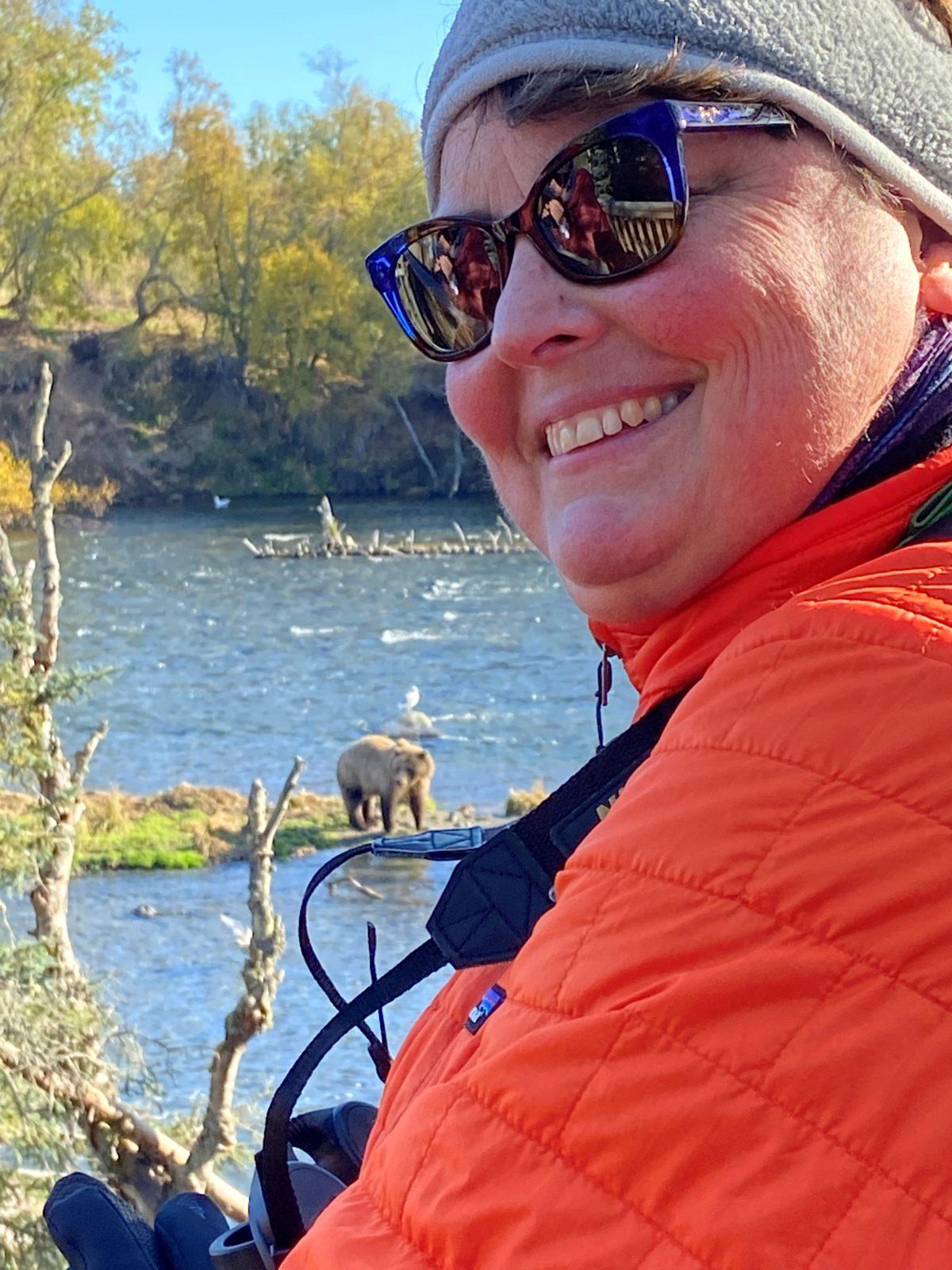

PS. Thanks to supporters like you, we can continue fighting to protect Alaska’s land, water, air, wildlife and people.



